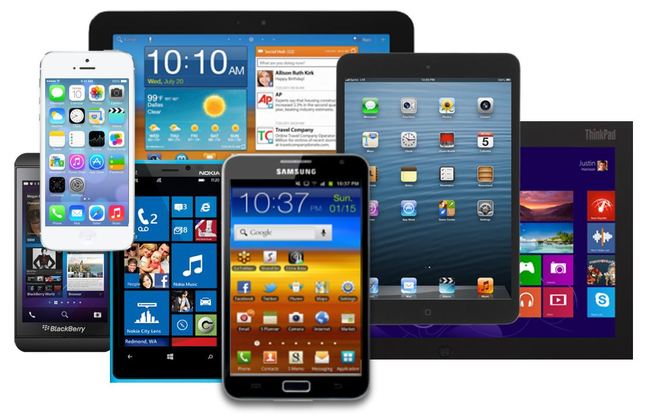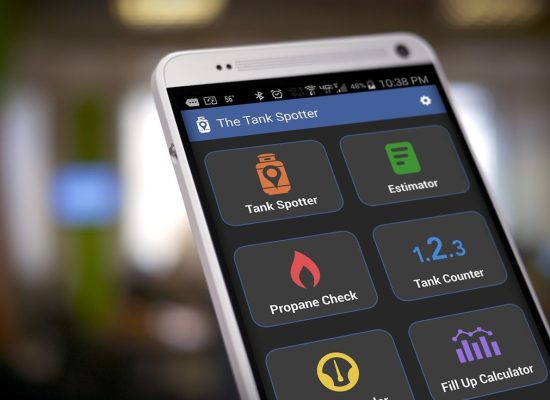
A point of qualification about technology and the economy: We have a mobile workforce, not a mobilized one.
That distinction is critical because, despite the tens of millions of smartphones and tablets that Americans own or operate, despite our appetite for gossip concerning the latest iteration of a particular device, despite our addiction to consumer electronics in general, despite all this – and more, including our collective change in posture, where we lower our heads and thumb our way through news stories, emails, and sundry likes and followers – we have yet to liberate ourselves from an actual office.
We may not be in a physical office, but that does not mean we are free of the office and its trail of paper, since we carry a collection of tickets, records, contracts, invoices, checks and receipts.
Nor are we more aware of information involving our respective assignments. We have our phones, yes, but that is not necessarily a more efficient way for our bosses or coworkers to reach us.
A barrage of calls and text messages is not a safe or effective solution, when a company has drivers making deliveries, or navigating the busy streets or congested highways of New York or Southern California.
What these employees need, and what their individual employers deserve, is an application that provides real-time intelligence without an iota of manual entry.
Picture, for example, a smartphone as a transponder. Think of it as a tool for relaying data, where all those ones and zeroes reconstitute themselves into a detailed map; where that color-coded series of routes and deliveries, in addition to the whereabouts of each driver and updates about their movement (or lack thereof, because of traffic or some other issue), gives managers a better perspective about how to improve service; where clients can sign every contract, and consummate every transaction, without a pen or a piece of paper.
That scenario is more a matter of scientific fact than science fiction. Or: Search long enough, and read enough search results, and an answer will reveal itself.
According to Bill Stomp, a mobile field management tool for the liquid fuel, propane and fuel delivery industries:
“Real-time intelligence is the difference between a business owner thinking he has a productive enterprise and knowing he has one.
“It is a total system – an interactive resource, too – that removes speculation about how successful a company is, in terms of its ability to make deliveries without delays or disruptions. That is the power of a mobilized workforce, thanks to the power of mobile devices.”
I agree with that assessment not because I am an employee of Vertrax, Digital Dispatcher, Base Engineering, Fleet Navigator or one of the other 30 in cab device companies, which I am not.
Rather, I second that sentiment because real-time intelligence can transform our smartphones and tablets into indispensable tools.
No longer toys for playing games, or a medium for the transmission of memes or movie clips, mobile devices can strengthen how companies do business.
That fact is cause for celebration.
Online Source:The Huffington Post










